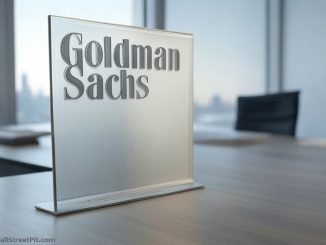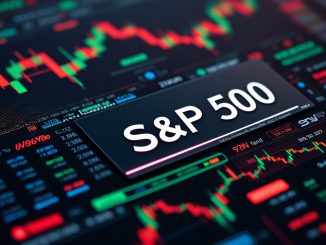Should we breath a sigh of relief that Goldman Sachs (GS) has posted record earnings as revenue from trading and stock underwriting reached all-time highs (second quarter net income was $3.44 billion) — less than a year after the firm took $10 billion directly from taxpayers and $13 billion indirectly through AIG?
In some ways, yes. That Goldman is back signals that the worst of Wall Street’s recent meltdown is over. And at least New York City’s economy will again benefit from the trickle-down effects of the multi-million dollar bonuses of Goldman’s executives and traders.
But in another respect, Goldman’s resurgence should send shivers down the backs of every hardworking American who has lost a large chunk of retirement savings in this economic debacle, as well as the millions who have lost their jobs. Why? Because Goldman’s high-risk business model hasn’t changed one bit from what it was before the implosion of Wall Street. Goldman is still wagering its capital and fueling giant bets with lots of borrowed money. While its rivals have pared back risks, Goldman has increased them. And its renewed success at this old game will only encourage other big banks to go back into it.
“Our model really never changed, we’ve said very consistently that our business model remained the same,” Goldman’s chief financial officer tells Bloomberg News. Value-at-risk — a statistical measure of how much the firm’s trading operations could lose in a day — rose to an average of $245 million in the second quarter from $240 million in the first quarter. In the second quarter of 2008, VaR averaged $184 million.
Meanwhile, Goldman is still depending on $28 billion in outstanding debt issued cheaply with the backing of the Federal Deposit Insurance Corporation. Which means you and I are still indirectly funding Goldman’s high-risk operations.
Goldman is skillful at playing the market. Now that most of its major competitors are out of the action or still under the strict control of the Treasury and the Fed, it has the market mostly to itself. Expect the others to jump back in to high-risk deals as soon as they can. But Goldman is also skillful at playing politics — something its rivals aren’t nearly as good at. Recall that last fall, at a closed meeting between Treasury Secretary Hank Paulson (formerly Goldman’s CEO), Tim Geithner (then at the New York Fed), and a handful of others to decide on the fate of giant insurer AIG, Goldman’s cheif executive, Lloyd Blankfein, was at the table. The decision to bail out AIG resulted in a $13 billion giveaway to Goldman because Goldman was an AIG counterparty. Indeed, Goldman executives and alumni have played crucial roles in guiding the Wall Street bailout from the start.
So the fact that Goldman has reverted to its old ways in the market suggests it has every reason to believe it can revert to its old ways in politics, should its market strategies backfire once again — leaving the rest of us once again to pick up the pieces.
- Bulenox: Get 45% to 91% OFF ... Use Discount Code: UNO
- Risk Our Money Not Yours | Get 50% to 90% OFF ... Use Discount Code: MMBVBKSM
Disclaimer: This page contains affiliate links. If you choose to make a purchase after clicking a link, we may receive a commission at no additional cost to you. Thank you for your support!





Leave a Reply